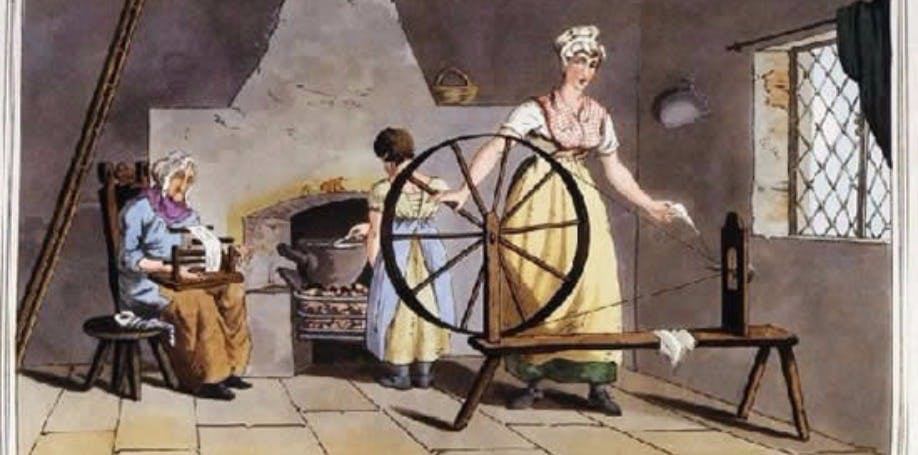The term “cottage industry” describes a type of business where the products are manufactured in small quantities and sold directly to consumers. Most of the manufacturing processes are performed in-house, so the cost of setting up a business in this way is significantly lower than starting a larger-scale business. The best definition of a cottage industry is an unincorporated business that employs fewer than 50 people, generates fewer than $500k in revenue, and is run from home.
In the past, most of the world’s population lived in small farming villages, and small family units were often forced to be self-sufficient. Traditionally, they produced most of their own food, clothing, and household items. This allowed them to survive in a large area, with few towns or cities to visit on a regular basis. But as the world became more industrialized, the number of cottage industries has decreased. Even in industrialized nations, these small businesses are vital to their economic growth.
In the past, a cottage industry was a viable alternative to building huge factories. Historically, water supplied power and transportation, allowing people to build hundreds of mills, and trade their goods with other countries. However, with the development of modern technology, the amount of people involved in such small-scale production has decreased. Although the cottage industry still employs a substantial number of people, the brain drain has impacted the ability of rural businesses to compete.
The definition of a cottage industry differs in various countries. In developed countries, it is associated with large-scale manufacturing operations, which are often less expensive to operate. Moreover, the cost of capital and financing are typically lower than the costs associated with manufacturing a large factory. The term cottage industry is an ideal option for people who want to make a living at home. As such, the US cottage industry is not far behind Europe in terms of the number of small businesses operating in this way.
A cottage industry is an independent business, where the profits are earned by the owner. The most common cottage industry is a home-based business run by a family member. Traditionally, these types of businesses were small and operated by individuals, but this model has become popular since the Industrial Revolution. Today, many cottage industries are owned and run by women. This type of small business is more affordable and offers more freedom than a large corporation.
The definition of a cottage industry is a small manufacturing business. In the past, it was a traditional, small business that specialized in a single product or service. In today’s society, there are more than a few examples of cottage industries in rural areas. In some cases, the owners are family members, and the cottage industry is their sole source of income. Its name derives from the phrase “cottage” and the English word “cottage”.
A cottage industry is a small manufacturing business that is usually run from a home. The definition of a cottage industry is a small, decentralized manufacturing business. A cottage-industry is generally independent, produces most of its raw materials locally, and employs a small group of workers. It may not be profitable, but it is an important source of income for many households. These businesses help create jobs and provide a healthy balance between work and life.
A cottage industry is a small manufacturing business that is independent and runs from a home. It is often a home-based business, and it is a good way to earn a living while avoiding high-cost labor costs. A cottage-industry is the best definition of a cottage industry because it is a decentralized manufacturing business. Unlike a large manufacturing business, a cottage-industry is a small, localized company.
A cottage-industry is a small business that operates independently of larger businesses. Most of its production takes place in the home and does not take up a lot of space. A cottage-industry is a great way for a homemaker to earn money. The definition of a cottage-industry is not necessarily the same as a conventional manufacturing business. In fact, it is often more like a specialized small factory.


